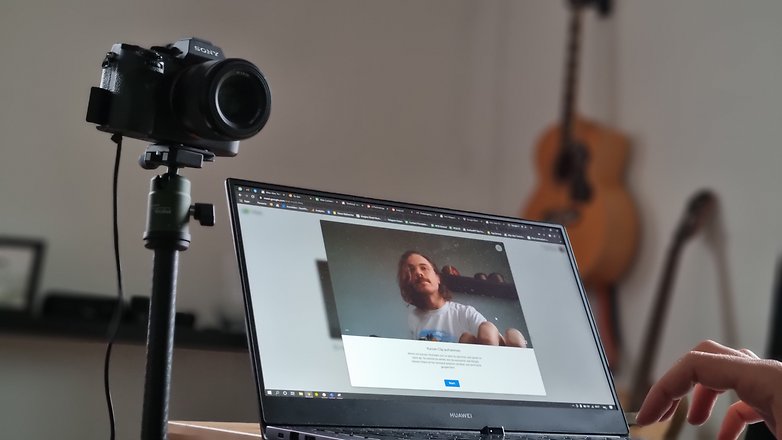Are You Having Resignation Regret?


Read in other languages:
We’ve had “The Great Resignation”, and now comes a new trend – or so says research coming from both sides of the Atlantic. During the pandemic we saw over 47 million US workers leave their job, and as the dust settles many of these workers are now regretting their decision in a new wave entitled “The Great Attrition”. Are you one of them?
According to research from McKinsey, the early cohort of workers who resigned or found new roles immediately after Covid have now found themselves in a sort of limbo, where they’re discovering the grass is not greener and they’re still dealing with changing work cultures – except this time without the comfort of long-term colleagues and a sense of belonging.
The pandemic caused us all to take stock of things such as our work/life balance, long-term career goals, and financial aspirations. Our pie-in-the sky plans had time to be explored and developed too. When the world opened up again, people jumped at the chance to live differently and take advantage of increased opportunities thanks to remote working and flexible hours.

However, perhaps what people didn’t realize at the time is that career satisfaction comes from both intrinsic and extrinsic motivations. And to be really happy in a role, both must be satisfied. Add to this a sense of burnout and exhaustion never before experienced on a global scale, and it’s easy to see why The Great Resignation happened, almost like the Roaring Twenties after Prohibition. And now we’re waking up with a hangover.
Similarly, companies are also waking up and realizing that not all new hires are the perfect fit. In the immediate wake of the pandemic they did what came easiest and threw money at the problem.
In fact almost 77% of US workers admitted that salary was their primary consideration when choosing a new job. But it wasn’t enough. Employees are savvy and need non-financial benefits to bed-in, but many companies failed to onboard correctly, struggled to integrate new employees while working virtually or simply failed to look at the personalities and skill sets teams needed.
Now that both employees and employers are realizing that one factor alone doesn’t equate to career success, they are scrambling to readjust. So what can you do if you did make the jump, and are regretting it?
Be Realistic
Why did you take this job? Did you have a plan or were you bored? Be truthful with yourself, because we’re going to tell you straight, no job is perfect and every role comes with a trade-off. Maybe your new job comes with a much higher salary, but a greater expectation for results. That’s the trade off. Maybe your daily commute is longer, but you don’t have to work weekends and can finish at 5pm. That’s the toss up.
So before deciding that this job isn’t for you, be realistic about why you took the role, and look at the balance you’re willing to strike to achieve those goals. Are you monetarily motivated? With a bigger salary comes more responsibility. If you took this role to further your career, then your work-life balance will suffer while you prove yourself. And you may need to pay your dues for a few years and use this job as a stepping stone.

Give It Time
They say it takes at least six months to settle into a new role – they being the career experts. We say in the current climate it’s going to take a little longer (we’re realists). Post-pandemic, all companies are shifting and fighting hard to remain agile. The world has changed, we’re facing a possible recession and as global political upheaval continues, this means no company is going to hand you a manual and lay the role out step-by-step. This is difficult for all new starters, but especially for those who may have been at their previous job a long time.
So give it time. As much as you're struggling to settle in with your colleagues, they’re struggling to adapt to you. Throw hybrid working into the mix and the “getting to know you” phase is going to take a little longer than the first payday drinks. We say give it a year.
Be Embarrassed
Don’t underestimate the difference having work friends can make to your day-to-day interactions—in fact for 70% of US workers having friends in the office makes the difference between workplace happiness and not. What got you through the hard times in previous roles? Your colleagues. So, it’s time to ignore your embarrassment and make friends in this job. Ask your immediate team mates for lunch or coffee. Join a company sports team and attend company events. Apart from making a difference to your day to day life, being seen as congenial is a good career move.
Ask The Hard Question
Is the problem you, or is the problem the job? Did you expect this new role to solve all the unhappiness in your life without addressing if it was career focussed? Did you look at why you were unhappy in your last role, or did you just jump? If the answer to both of these is yes, then it’s time to admit you might be the problem and a change in attitude may be required if you want to succeed.
If the answer to those questions is no, and the job and company were misrepresented to you then it’s time to take advantage of the hot labor market and move on. There are dozens of companies currently hiring on the NextPit Job Board in all sectors, across all roles.
When you know you know – find your next opportunity now on the NextPit Job Board today
This article was written by Aisling O’Toole and is part of a collaboration between NextPit and Jobbio. Find out more about the partnership between NextPit and Jobbio here.



















